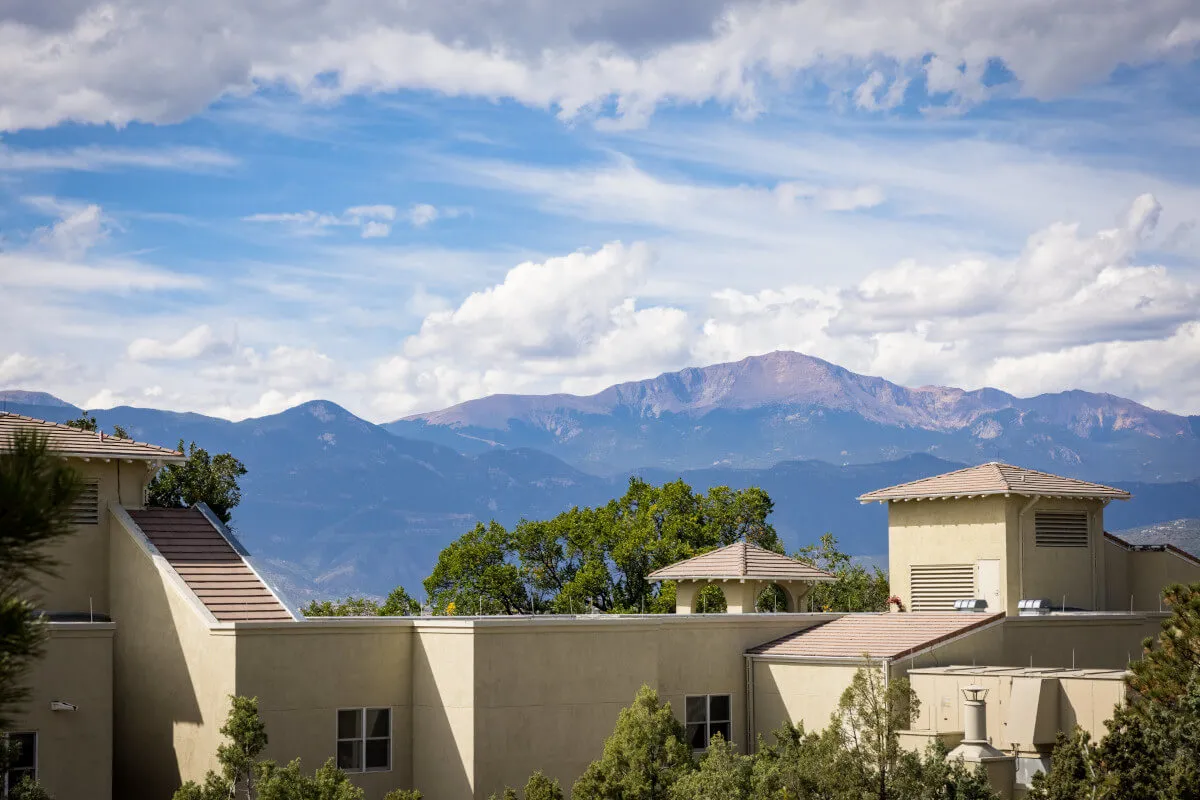
FAQ for Press Releases and Working with the Media
FAQs
A press release is an important part of any marketing effort and the Office of University Communications and Media Relations is prepared to assist you. All press and electronic contacts should be coordinated with University Communications and Media Relations. That’s not to say you can’t contact area media. We simply ask that you do so in coordination with our office. This avoids confusion and allows us to work together to effectively represent the university.
In preparing a press release, University Communications and Media Relations will ask questions important for the success of any marketing plan. For example, we will ask who the audience you are trying to reach, often called the target audience, as well as your goal in seeking publicity. These steps are important. While the news – or mass – media reaches a large audience, it is important to consider the media a bridge to the people you are trying to reach. Knowing your audience, and the goal of the publicity, will help University Communications and Media Relations develop a media contact list of reporters and publications known to be interested in your topic as part of a publicity plan.
Media covet time and space as valuable commodities. To improve the chance of your item being covered by media, we ask that you consider the following in seeking our help in preparing a publicity plan. The more of these questions that you can answer affirmatively, the stronger the chances are that your press release will be used as the basis of a journalist’s own story.
- Is it new or a first?
- Is it weird or unusual?
- Is the subject controversial?
- Is there a strong human interest or personal story?
- Is it part of a local, regional, or national trend?
- Is it visual or can it be demonstrated?
- Can it be explained to a child/be discussed at the dinner table by a family?
Other questions that University Communications and Media Relations will ask include your willingness to be contacted after hours (nights, weekends, holidays) by a member of the media and your willingness to participate in a brief how to work with the media session with one of our staff members. We will also explain that while a press release is important, they are rarely used in their entirety. Generally, reporters use them as a suggestion and for factual background.
Experts believe that it takes four to six times as much paid advertising to have the effect of one news story. University Communications and Media Relations can provide considerable anecdotal evidence of small items in local or regional media that have had large effects.
Only University Communications and Media Relations is authorized to call a press conference. Generally, press conferences are not recommended except in crisis situations when it is important to release large amounts of information quickly to media.
Generally, you are encouraged to respond quickly and accurately to reporter inquiries. However, we recommend that you undertake the following steps if contacted by a reporter.
- After finding out the reason for his/her call, ask the reporter if you can call back in 10 minutes.
- Use that 10 minutes to
- Determine if you are the correct person to speak. For example is this your area of expertise or responsibility? If not, whose responsibility is it?
- If it is a subject within your responsibility, you should take the next few minutes to determine what 2-3 things that you want to get across in the interview. This step is called key message identification. These must be short and to the point pieces of information (less than 15 words) that can be said succinctly and without technical jargon.
- If the subject is not in your area, do you know anyone at UCCS who is better equipped to respond? If so, share that person’s name with the reporter. As a courtesy, contact the person whose name you’ve shared and advise that you have done so.
- Locate any supporting documents you have to answer the reporter’s questions such as journal articles or studies that may support your position.
- Be cautious, particularly if the subject is controversial; contact University Communications and Media Relations for assistance.
- Review the University Communications and Media Relations "how to work with the media" Powerpoint presentation.
- Call the reporter back. Timeliness is vital. Reporters work on tight deadlines and often must complete their work quickly. Your ability to respond quickly is vital to your inclusion in the reporter’s work as well as its accuracy.
Generally, no. Don’t ask to review a reporter’s work prior to publication. On rare occasions, reporters will offer to allow sources to review work prior to publication. This is most likely to happen if the subject is a technical or scientific subject. If this occurs, you are encouraged to use the opportunity to correct factual errors the reporter may have made. As policy, University Communications and Media Relations always shares drafts of press releases with faculty and staff in advance of sharing them with the media.
University Communications and Media Relations does not recommend “off the record” comments to reporters. You should always anticipate that anything – and everything – said within earshot of a reporter (even before an interview officially begins) will appear in the newspaper or on the newscast. Pick your words carefully.
Please contact University Communications and Media Relations for counsel. Generally, we will work with you to focus on what is a factual – and correctable – error and the appropriate steps to do so.
University employees are free to express their opinions on matters of community interest. The letter-to-the-editor section of local newspapers are designed for this purpose. University employees, however, should identify themselves only by name and home address. It is not appropriate to use your university title in such forums as you are speaking as a private individual.